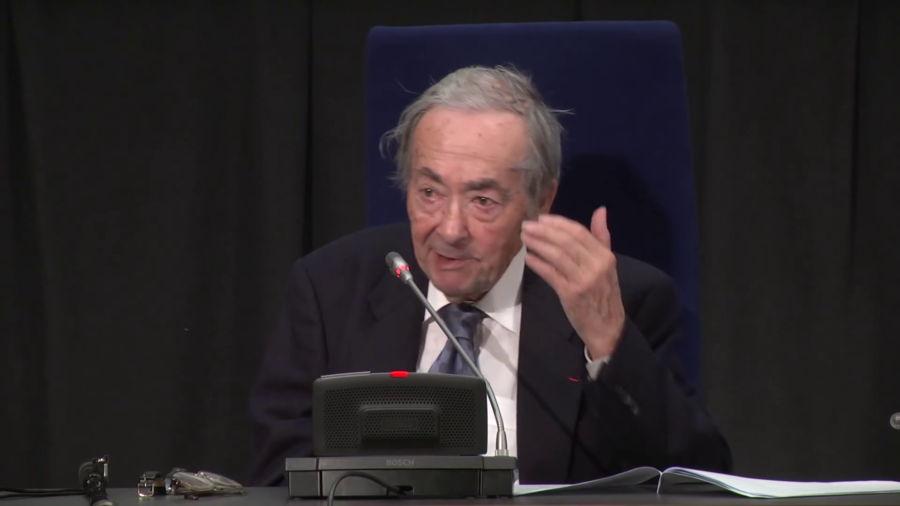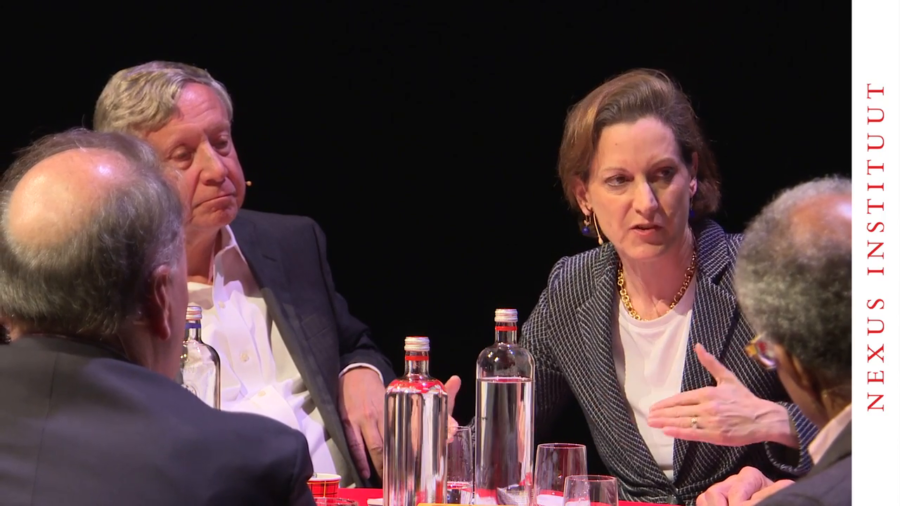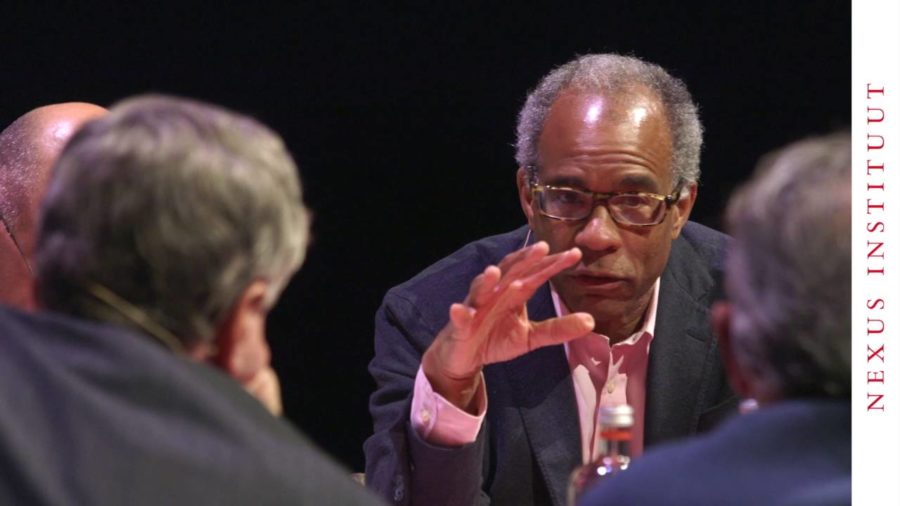What then shall we do? Some reforms are not difficult to envisage. We must purge our vocabulary, we must clean up our language to say what we mean.
The Nexus Institute (Page 1 of 4)
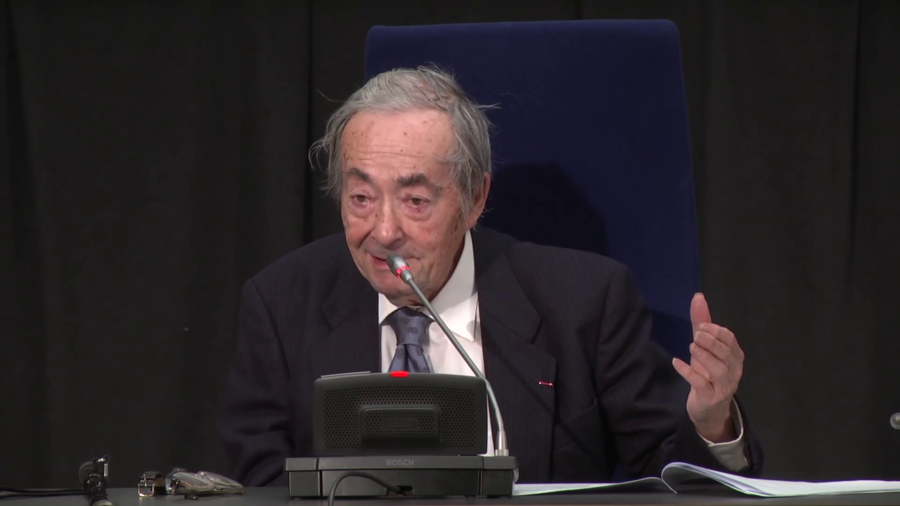
When we invoke the ideals and practices of the humanities, there is no assurance…that they humanize.
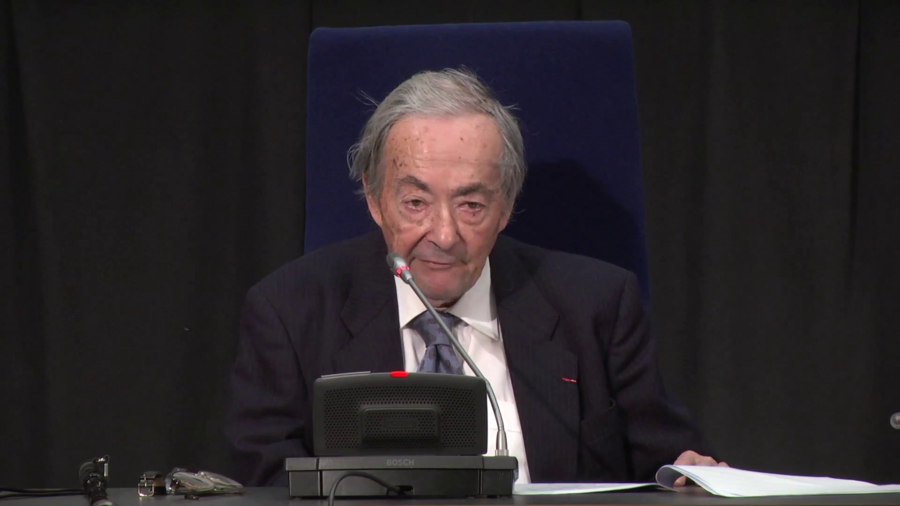
The explosion of science and technology has transformed not only our universities but after Descartes and Leibniz the very status of knowledge and of truth.
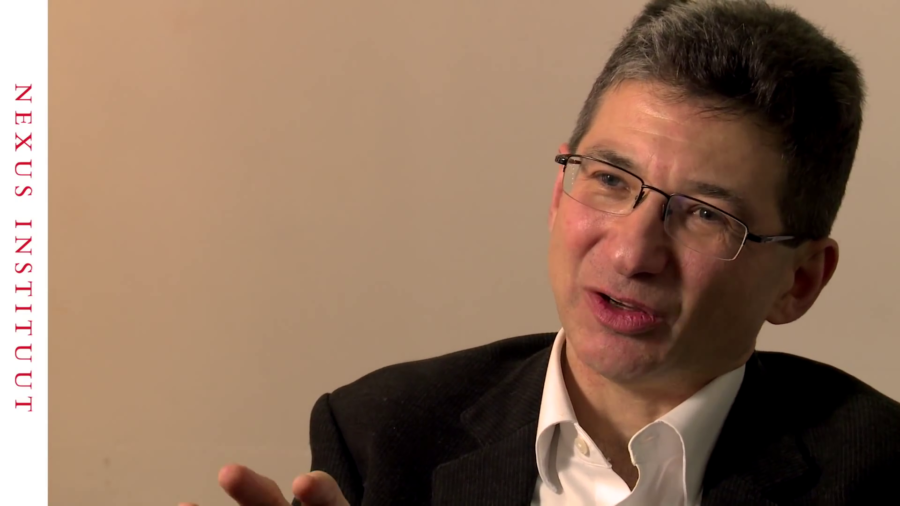
Daniel Pick on Psychoanalysis and Fascism
presented by Daniel Pick
The thing I’ve been really interested in the last few years in my research is thinking about the problem of fascism and Nazism, and the way in which in the human sciences, the history of the human sciences, these phenomena came to be understood.
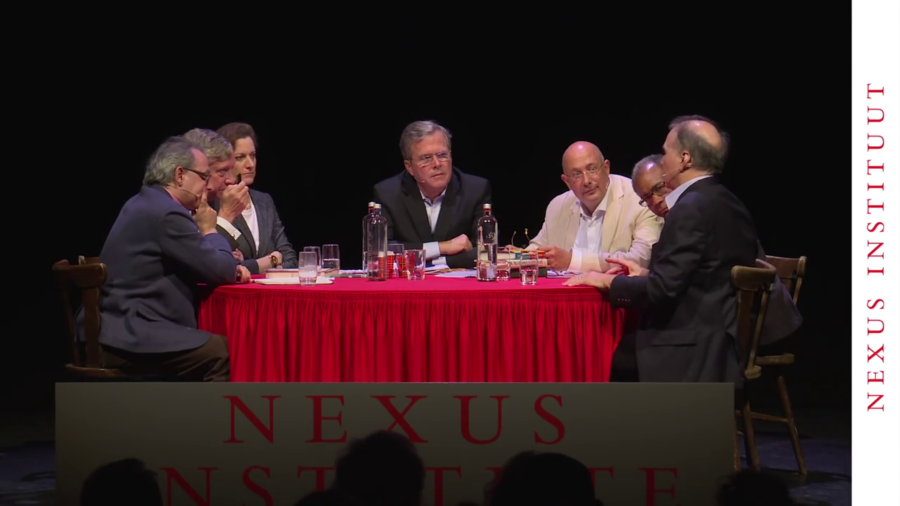
Political Culture, Donald Trump and Education
presented by Anne Applebaum, Derek Shearer, Jeb Bush, Roger Berkowitz, Sean Wilentz
Donald Trump is not an American phenomenon, solely an American phenomenon. We see Trumps emerging all across the West, all across Europe—Western Europe and Eastern Europe. And they are repeating themselves in very similar ways.
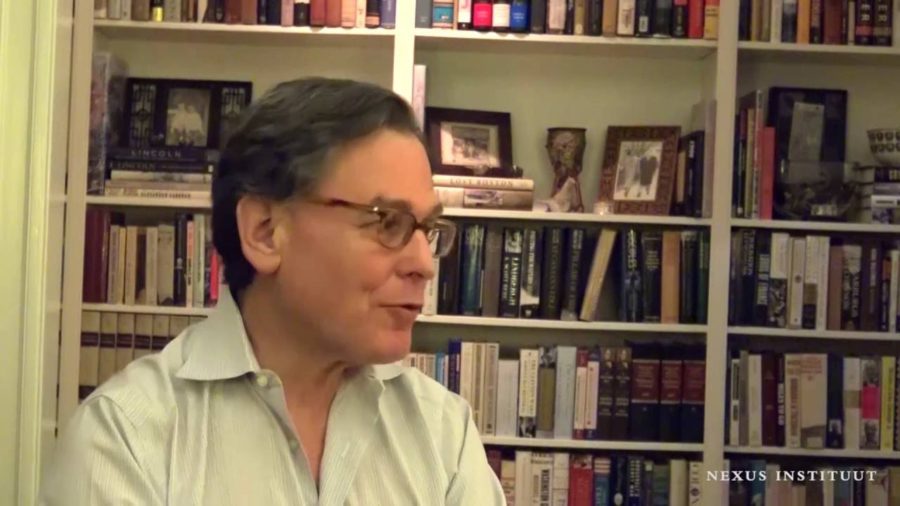
There’s always been this strain, particularly in American politics, a skepticism about politicians. We’re in one of these periods where there is such skepticism, but it runs deeper.
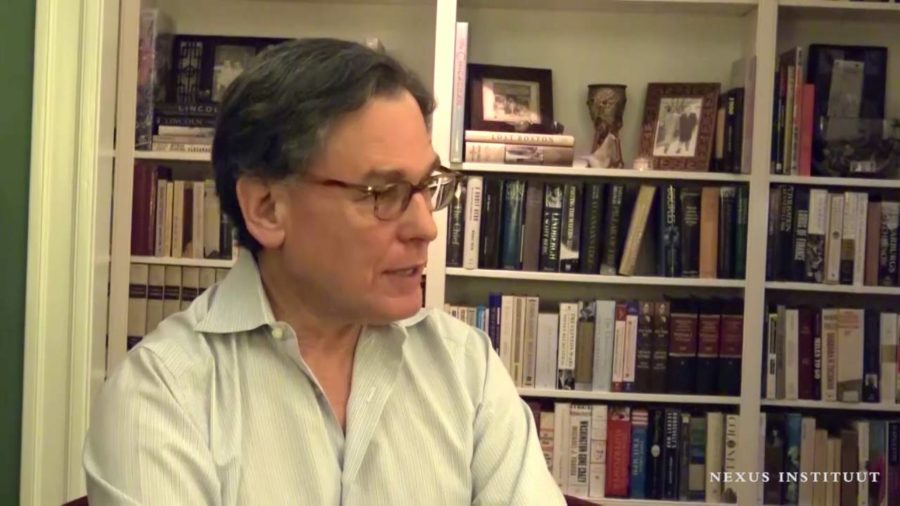
Is the USA the world’s last best hope?
presented by Sidney Blumenthal
Lincoln spoke of the United States as the last best hope on earth because the United States was the last, and only, and first, successful Democratic Republic in the world.
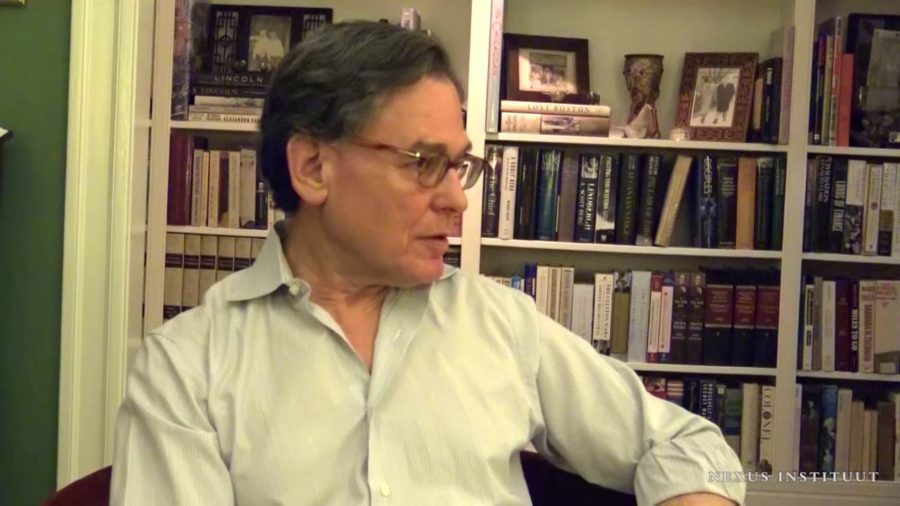
I have known Hillary for almost thirty years. And I hope that when this conference takes place, she’s been elected president. We share common values, political values. But also I think that these are deeply rooted in our own personal experiences. And these values we’ve defended against all sorts of people who have used whatever means that they could, many of them underhanded, in order to try and destroy reputations, attack people personally, to engage in what we’ve called the politics of personal destruction, but for political advantage and gain.

